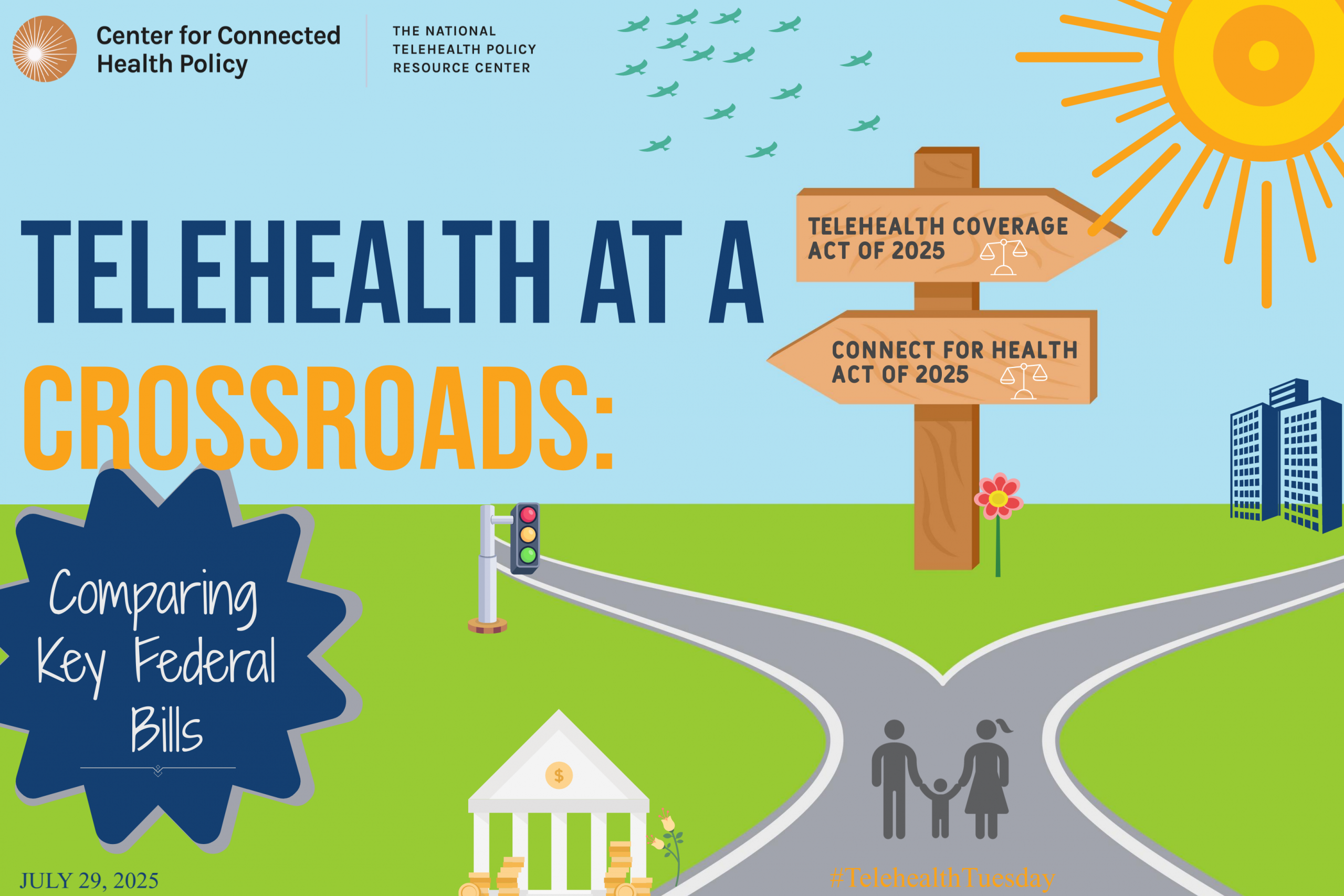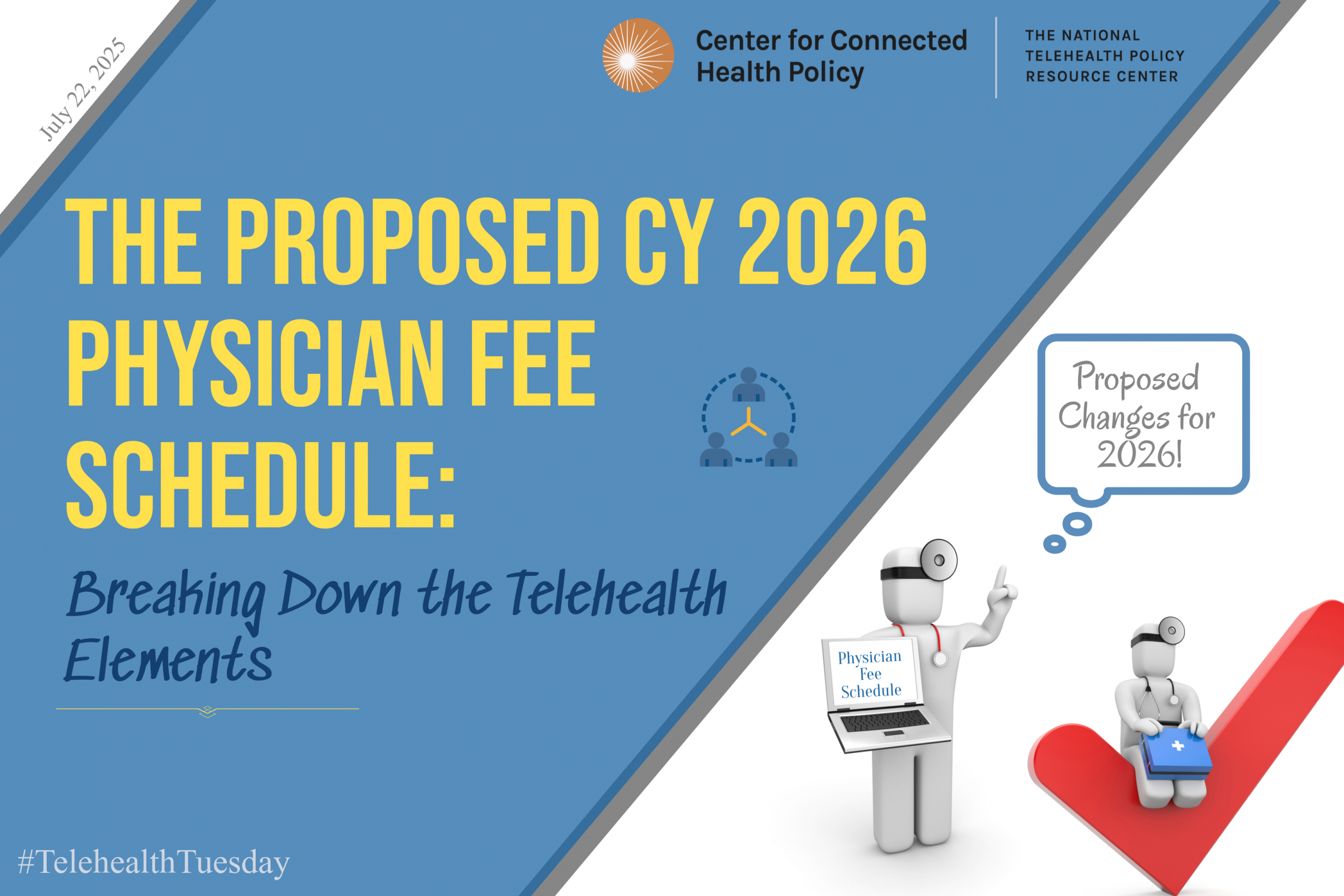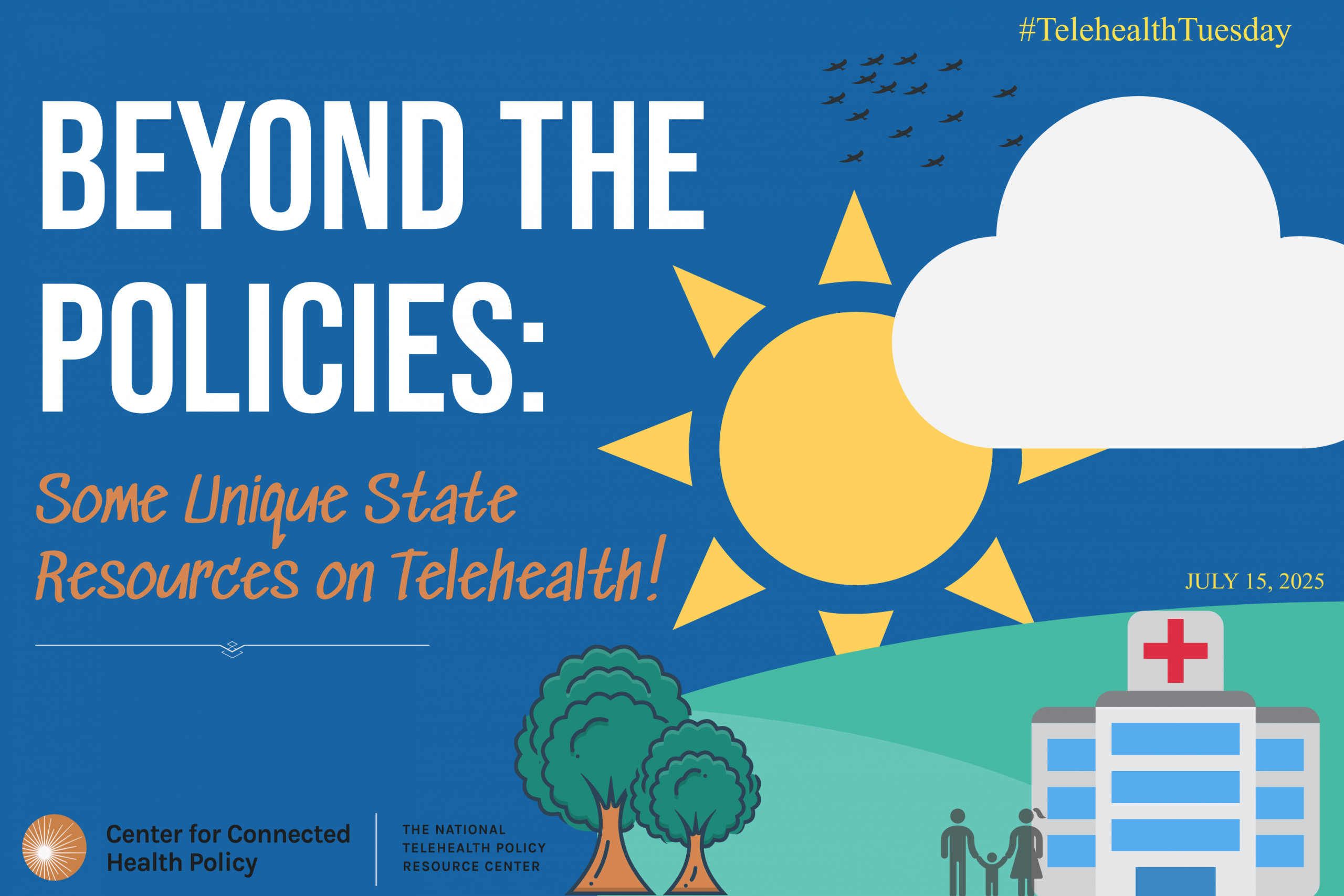Telehealth at a Crossroads: Comparing Key Federal Bills

In mid-July, the Centers for Medicare and Medicaid Services (CMS) released the proposed CY 2026 Physician Fee Schedule (PFS). CCHP has published a factsheet summarizing the key telehealth-related changes included in the proposal. As the policy community reviews the proposed updates, it is important to highlight that CMS has limited options to alter Medicare telehealth policy. Unless Congress acts within the next two months, many of the broad telehealth flexibilities that patients and providers have come to rely on since March 2020 will expire starting October 1, 2025. If that happens, current waivers and temporary policies will sunset, and Medicare’s permanent telehealth statute will take effect once again. Permanent Medicare law still allows telehealth reimbursement, but a return to its more restrictive rules could significantly curtail utilization, even alongside potential PFS expansions. However, there have been pieces of federal legislation introduced during this current Congressional session that attempt to address and change these limitations.




